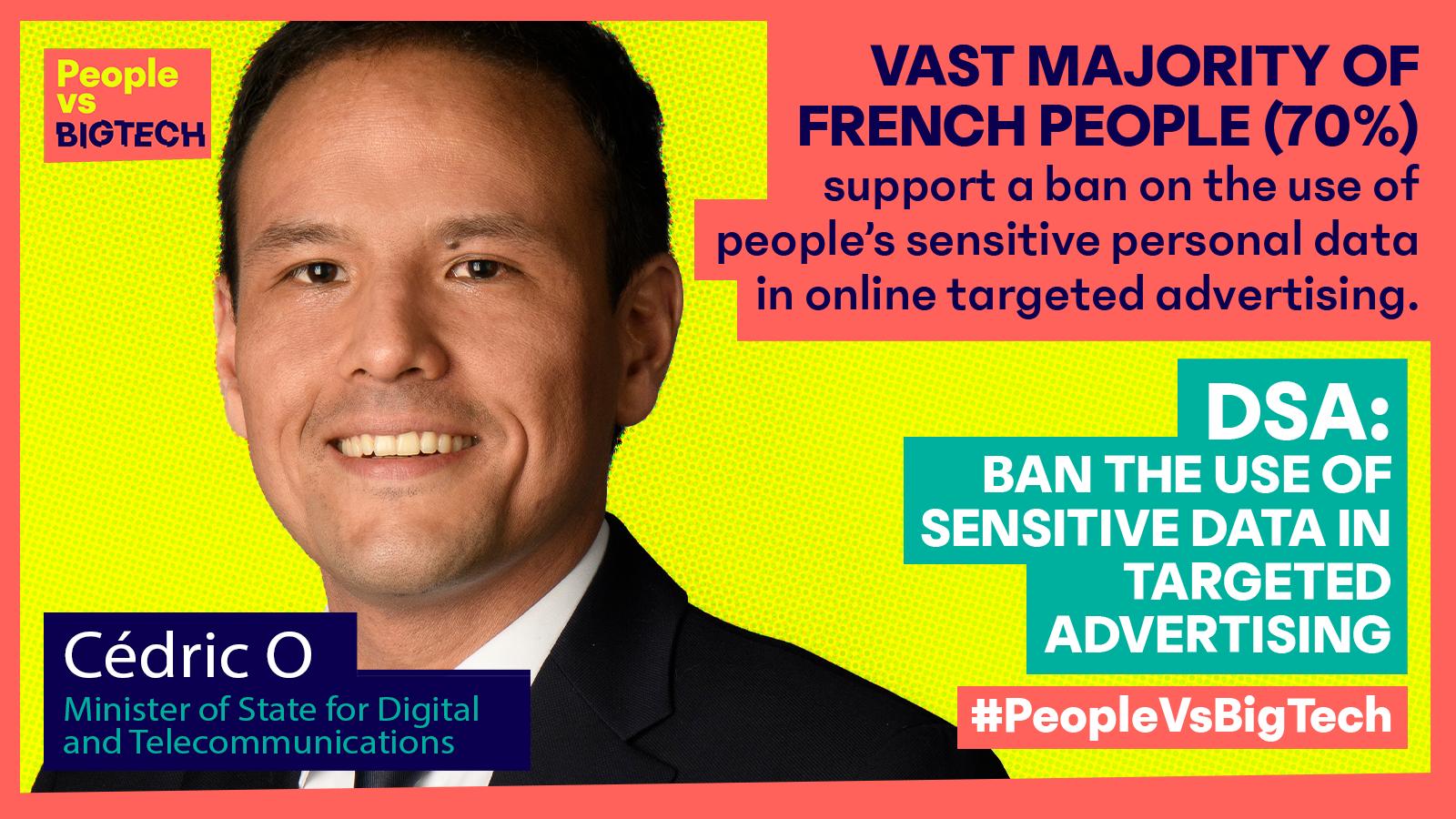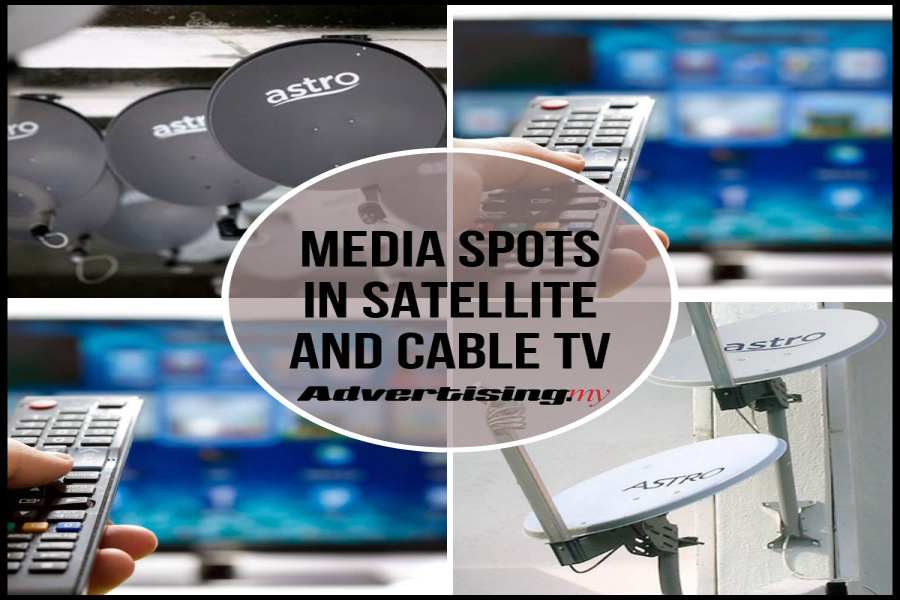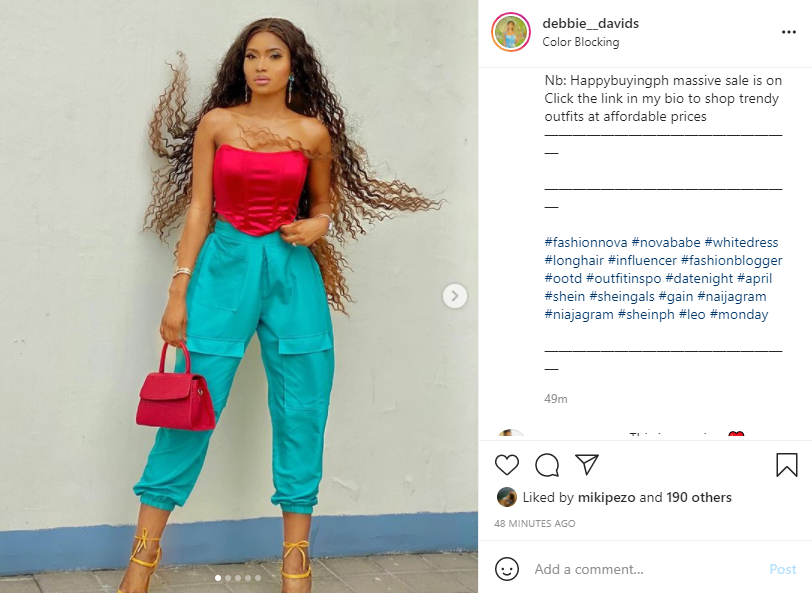
In the past decade, digital media advertising has changed dramatically. It is expected to account for 60% global advertising spend by 2025. It has shifted from passive content consumption to active experiences, which is a key part of this shift. This has led to increased revenues on big tech platforms like Google and Facebook.
The adoption of programmatic real-time ad technology has helped to increase the digital advertising value. This technology allows for more precise targeting and improved ad delivery. This has resulted in a progressive concentration on revenues by Big Tech firms. Google is, in fact, the Competition and Markets Authority's (CMA) most dominant player within the digital advertising ecosystem.
Advertising images have also increased due to the data-targeting effects. Although this sounds like a great thing, it's important to remember that data-targeting techniques are not a panacea. Moreover, it is difficult to measure ad effectiveness due to the complex nature of the bidding process.

With more and more consumers accessing the internet through their mobile devices, advertisers are shifting their focus to social media channels. They are also beginning to use third party ad placements, such as pop-up ads, to reach a wider audience.
Digital advertising is constantly evolving, but we don't know what the future of this medium holds. For now, it is necessary to map the digital ecosystem and identify key players in your local market.
Before a business begins to invest in digital media, it should first define its goals. They should also include quality and quantity measures. The most important KPIs for engagement are registrations, sales, reviews and subscriptions. A brand's personality is key to a landing page that converts.
All parties involved should receive a communications brief, including advertising agencies. It should highlight the importance of engaging with customers and target audiences, and challenge media agencies to find the most relevant channels. The brief should include a meeting with media sales.

A media planning process that is clear and concise is another important aspect of any communications brief. By ensuring that your agency has a defined process, you can ensure that your media buys are not just profitable but will also help your business achieve its objectives.
The best digital media advertising strategies combine quality and quantity. The most important aspect is choosing media that will cause enough change in the consumer's behaviour to affect sales. This could mean using display ads or social media to reach consumers most interested. It doesn't matter what media strategy it is, it still needs to be reviewed and monitored regularly.
It is also important to consider the effects of regulation. The proliferation privacy issues have had an impact on digital media advertising. Regulatory considerations can have a significant influence on the ecosystem.
FAQ
What should you know about radio advertising
Understanding the interactions between different media is essential. The most important thing to remember is that all forms of media are complementary rather than competitive.
Radio advertising is best when used in conjunction with television. Radio can complement TV advertising by reinforcing key messages, and providing additional information.
For radio listeners, TV commercials can often be too long. Radio ads are typically shorter and less costly.
What is affiliate Marketing?
Affiliate marketing can be described as an online business model. You earn commissions by referring customers who purchase products and/or services on other websites. The product owner pays you for each person who buys from you.
Referrals are the foundation of affiliate marketing. You don't have to do anything special for people to buy from you. You just need to refer them to our website.
There are many ways to make money, without having to do any selling. Selling is as easy as buying.
In minutes, you can also set up an affiliate account.
The more people you refer, the more commission you will receive.
There are two types affiliates.
-
Affiliates who own their own websites
-
Affiliates who work in companies that offer products or services.
What is an advertisement campaign?
Advertising campaigns are a series or advertisements that promote a product. It can also refer entirely to the production of such ads.
"Ad" is a Latin word that means "to sell." Marcus Terentius Varro (116–27 BC), was the first to make it a verb, meaning "to make sale".
Advertising campaigns are usually done by large companies and agencies. Many media types can be used in these campaigns, including television, radio and print.
Advertising campaigns last several months and are usually focused on specific goals. Advertising campaigns can have different goals. Some are focused on increasing sales while others generate awareness.
Advertising what is it?
Advertising is an artistic art form. It's more than just selling products. It's about making emotional connections between people, brands, and each other.
Advertising is about sharing stories and using images for ideas.
It is important to communicate clearly and persuasively. Your target market should be able to relate to the story you tell.
Advertising is different than other communication methods, such as writing or public speaking.
When you create a winning ad campaign, it is creating your brand identity.
This is how you make yourself memorable. You will be remembered by others.
What is advertising's basic purpose?
Advertising is more about connecting with customers than just selling products.
Advertising is about communicating values and ideas to people who are interested in your products or services. It is about changing attitudes and minds. It's also about creating relationships.
It's all about making people feel good about themselves.
If you don't understand your customers' needs, you can't market to them.
It is essential to first understand the needs and purchasing habits of your customer before you embark on any advertising project.
Then, you can create ads that resonate.
What are the basics of television advertising?
Television advertising is a very effective medium to reach many people at once. It was also quite expensive. It is powerful, however, if it is used well.
Although there are many types of TV ads available, they all share certain characteristics. Planning any TV ad should start with ensuring it fits in its category. You shouldn't attempt to make a lifestyle commercial the same as a product ad. Your message should be consistent throughout the entire campaign.
A second important thing to keep in mind is that prime-time hours is the best time to air ads. This is because viewers tend to watch TV while sitting down in front the television. You want them to be relaxed enough to focus on your words.
The bottom line is that even if you have a lot to spend, it doesn't necessarily mean you'll be able to get great results. It may be the reverse. A University of California study found that commercials broadcast during popular shows had a lower chance of selling products than those broadcast during less-popular shows. So, if you spend a lot of money on TV advertising, ensure you do it right.
What is an advertiser buyer?
Advertisers buy advertising space on television, radio, and print media.
Advertisers pay only for the time their message is to appear.
They don't necessarily seek the best ad; they want to reach their target markets with the most effective ad.
Advertisers might have certain demographic information about potential customers. This could include age, gender income level, marital status and occupation as well as hobbies, interests, and so on.
This data can be used by the advertiser to decide which media is most effective for them. An example is direct mail that appeals to older people.
Advertisers also consider the competition. If there are similar businesses nearby, they might choose to place their ads near those competitors.
Advertisers also need to consider their budget size and how long they will spend it before it expires.
Statistics
- Advertising's projected distribution for 2017 was 40.4% on TV, 33.3% on digital, 9% on newspapers, 6.9% on magazines, 5.8% outdoor, and 4.3% on radio. (en.wikipedia.org)
- Worldwide spending on advertising in 2015 amounted to an estimated US$529.43 billion. (en.wikipedia.org)
- Advertising spending as a share of GDP was about 2.9 percent. (en.wikipedia.org)
- Google will display whichever ad type (CPM or CPC) is expected to earn more revenue for the publisher, which is in Google's best interest since they take a 32% share of the revenue. (quicksprout.com)
External Links
How To
How to make Sponsored Ads on Facebook
Facebook has quickly become one the most widely used social networking platforms. According to estimates, there are 1.79 million active monthly users around the world. This number continues to grow every day.
Facebook is free but you must pay to reach your audience. You can also opt for paid advertising options such banners or promoted posts.
If you already have an application registered, log into your existing app. Or click "Create New App." Follow these steps:
-
Click "Add Platform", under the Apps section.
-
Click on "Advertising" and then click Continue.
-
Complete the form and send it in.
-
Once you have been approved, you will receive a Client ID number and a Secret key. Copy them down.
-
Then, copy the keys into the appropriate areas.
-
Enter the campaign name, then choose the currency.
-
Click on "Start Campaign"
-
Follow the instructions until the first banner appears. Copy the URL, then go back to your Facebook profile.
-
Paste the code in the box provided via Facebook
-
Click "Save Changes."
-
Your ad must now be live
-
For each additional banner that you wish to make, repeat steps 10-12.
-
Once you are done, click "Continue", and continue with the process.
-
Create your final ad group.
-
After you are done, click "View All Ads" and see all your campaigns.
-
Click "Remove ads" next to each ad to remove it.
-
If you don't see any results after running your campaign you should double-check that you followed the instructions correctly.
-
Check the date range of your campaign.
-
It is important to budget properly.
-
Save your changes.
-
Before you submit, make sure to check the settings.
-
Wait for your ads appear on your timeline
-
Bravo for a job well done!
-
Let's now take a look at some tips that can help you improve your results.